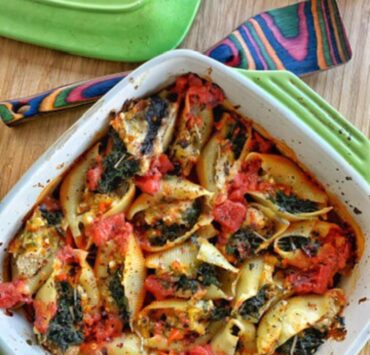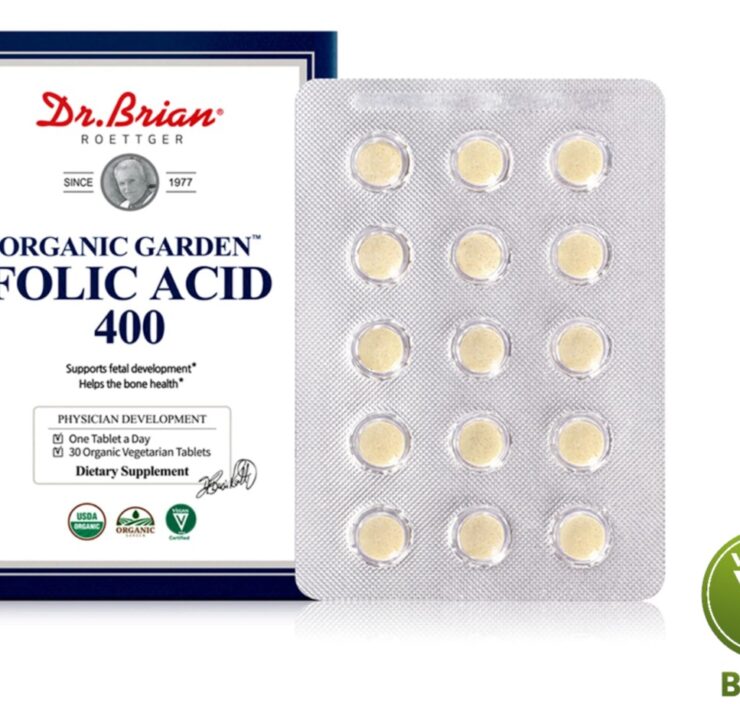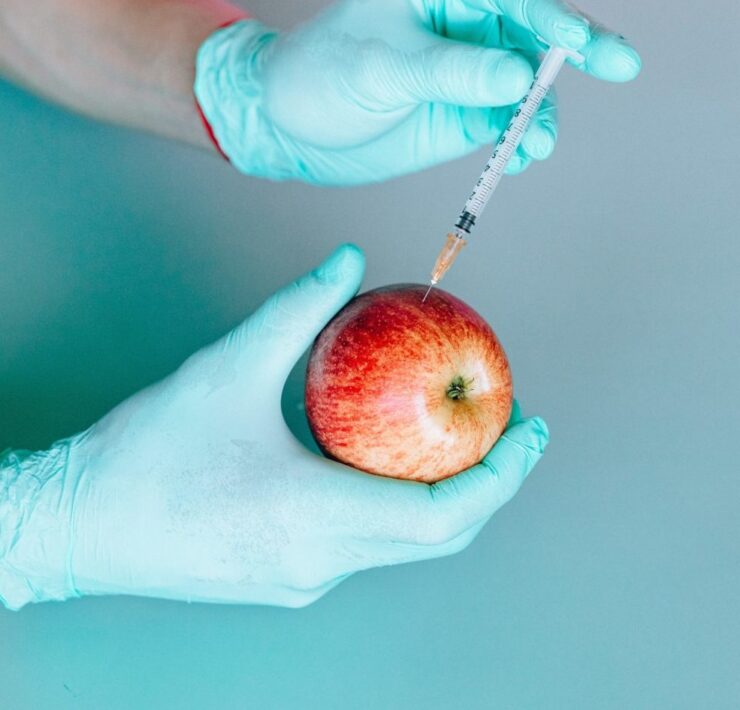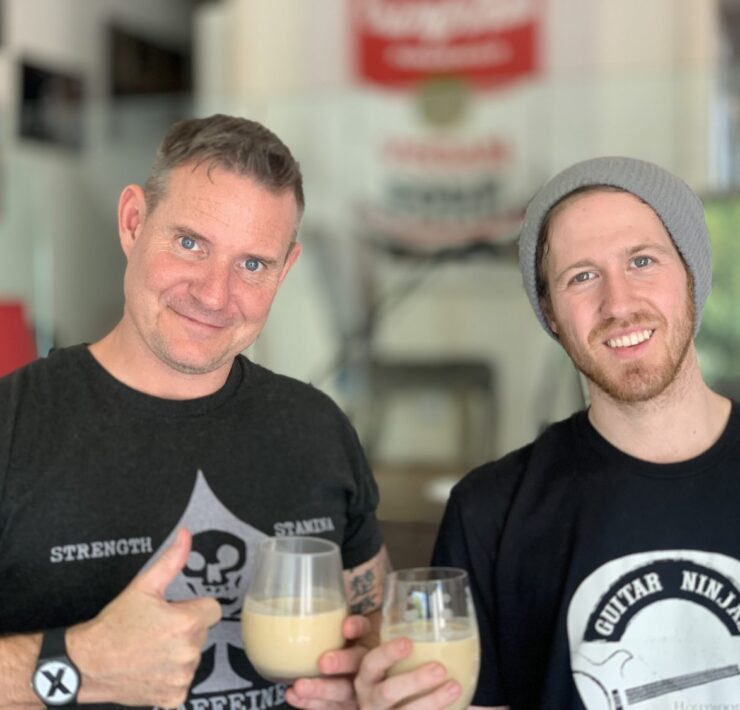Get Your Vegan Nutrition Chart Here!
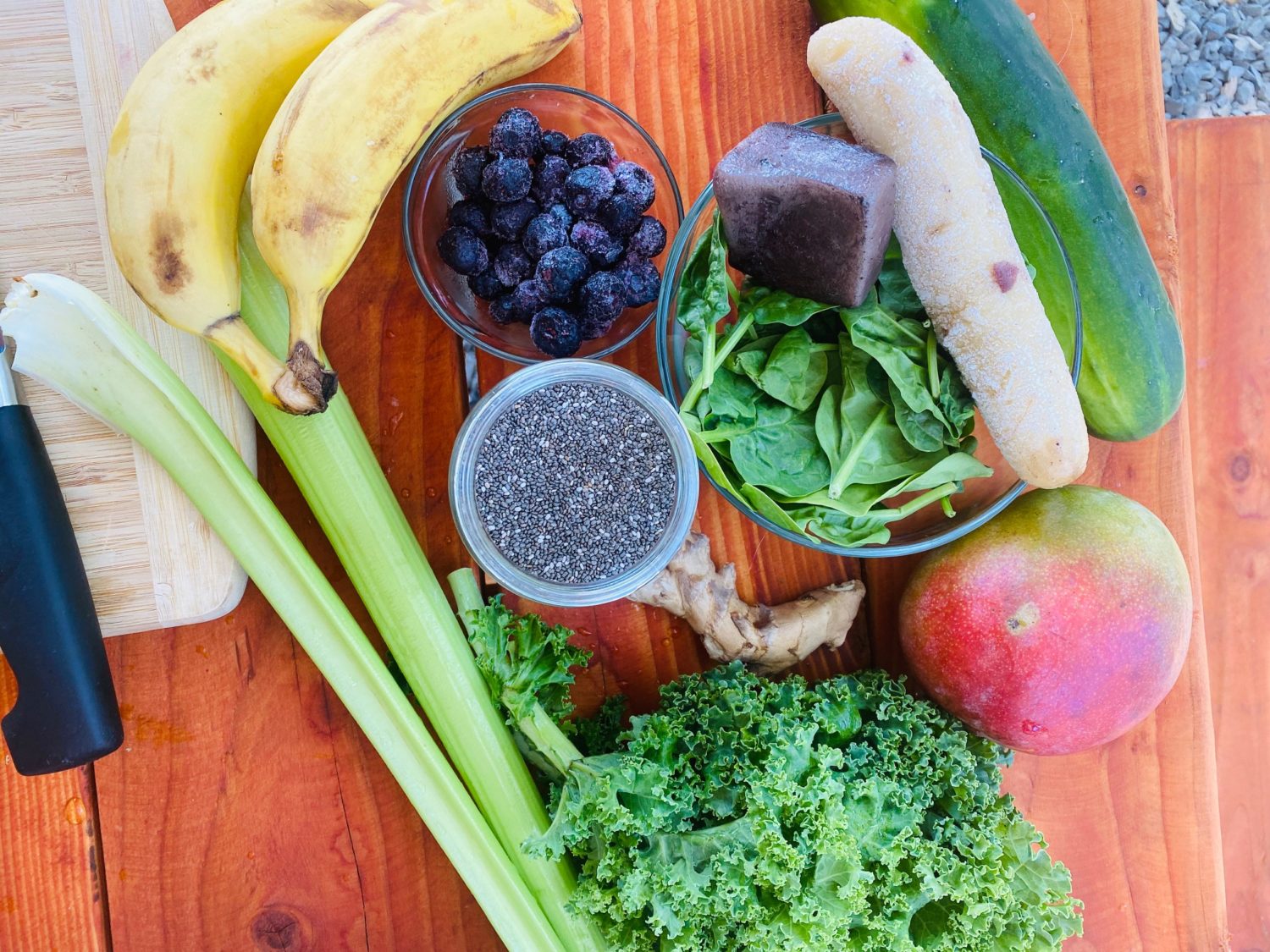
Getting Essential Macronutrients and Micronutrients from a Vegan Diet
Vegan nutrition: it’s a subject one should take a minute to ponder as you adopt veganism as a way of life. In a time when veganism is becoming more popular and dynamic and with a growing number of vegan products in stores, ready-to-eat vegan meals, and various diet supplements, one should be aware of the micronutrients as well as the macronutrients required by our body to function healthily. Generally, vegans are considered to be healthier because their diets are largely organically grown and much attention and effort are put into considering a vegan diet. A balanced vegan diet paired with a vegan multivitamin is ideal for a healthy vegan lifestyle. As you list out important vegan foods, have a list of plant-based multivitamins to go along with your food. We take a look at vegan sources of important macronutrients and micronutrients essential for a healthy body.
Basic Macronutrients
These nutrients can be easily found in various fresh vegetables and fruits in our daily diet. Here are some examples:
- Beans and legumes: Beans are one of the most common protein-rich foods and a great replacement for meat as a source of vegetarian protein. Some of the healthiest beans and legumes you can include in your diet which are rich in fiber and protein include lentils, pea, chickpeas, black beans, soybeans.
-

Whole grains provide energy and fiber. Courtesy Pixabay - Whole grains: Whole grains are a staple food group for a healthy vegan diet. Iron, zinc, and B-vitamins are important reasons for vegans to include whole grains into their diets like amaranth, barley, buckwheat, corn, millet, oats, quinoa, wheat, wild rice.
-

Nuts are an amazing source of protein! Courtesy Pixabay
- Nuts and seeds: Nuts and seeds are an anytime-quick-snack, they also provide complex carbohydrates with a low glycemic index, fiber, and essential fatty acids and also high amounts of protein. Pistachios, almonds, and peanuts are among the protein-rich foods, cashews and Walnuts are an excellent source of alpha-linolenic acid. Nuts and seeds are an important source of essential omega 3 fatty acids.
- Fruits and vegetables: These two food groups are rich in minerals, vitamins, and antioxidants, and are easy to digest as well. They contain complex carbohydrates that are not converted to fats easily and are low in calories. Simply put, vegetables fill your stomach, but don’t make you obese. In short, every fruit is a good fruit and that applies for vegetables as well.
Important micronutrients
Since our body needs adequate amounts of essential proteins, vitamins, and minerals, it’s best to put a bit of planning into your vegan lifestyle. Here are some ways to navigate the required dose of micronutrients:
- Vitamin B-12
Vitamin B12 is a vital component in the creation of red blood cells and energy metabolism. It can be found in unwashed organic produce, mushrooms grown in B12-rich soils, nori, spirulina, chlorella, and vegan nutritional yeast. But, the easiest way to ensure you get enough B-12 on a vegan diet is simply to take a B-12 supplement. Keep in mind, supplements are a multi-billion dollar industry and the vast majority of people buying them are not vegan. So, don’t freak out that you’re being advised to take a vitamin or two.
- Vitamin D
This vitamin is limitedly found in vitamin D-fortified foods, while the best source is absorbing sunlight which can boost vitamin D levels. The recommended daily allowance (RDA) for vitamin D for children and adults is 600 IU (15 mcg) per day. The elderly should aim for 800 IU (20 mcg) per day.
- Omega 3-fatty acids
Omega-3 fatty acids are important for cardiovascular health. Omega-3s also help with eye and brain development. Vegan food sources of omega-3 fatty acids are canola oil, soy oil, walnuts, ground flaxseed, and soybeans are good sources of essential fatty acids.
- Iodine
Plant-based sources for iodine include seaweeds and fortified foods. Iodine levels in plant foods depend on the iodine content of the soil in which they were grown. For instance, food grown close to the ocean tends to be higher in iodine.
- Iron
Iron is a nutrient used to make new DNA and red blood cells, as well as to carry oxygen in the blood. It is an essential agent for energy metabolism. Vegans should aim to eat more iron-rich foods, such as cruciferous vegetables, beans, peas, dried fruit, nuts, and seeds. Iron-fortified foods, such as cereals, enriched bread, and some plant milk,
- Calcium
Plant sources of calcium include bok choy, kale, mustard greens, turnip greens, watercress, broccoli, chickpeas, calcium-set tofu, and fortified plant milk. Calcium is a mineral that’s necessary for good bone and teeth health. It also plays a role in muscle function, nerve signaling, and heart health.
- Zinc
Zinc is essential for a vital and healthy immune system, synthesizing DNA, growth, and wound healing. Vegan food sources of zinc are soy, legumes, grains, beans, nutritional yeast, nuts, and oats are high in zinc.
A vegan diet is good for the overall human body. A vegan lifestyle also promotes animal welfare and combats climate change, pollution and world hunger. Let’s all make the switch and have a healthier, kinder planet.
References
Petre, A. 7 Supplements You Need on a Vegan Diet, from https://www.healthline.com/nutrition/7-supplements-for-vegans
Vegan diet: Health benefits, foods, and tips, from https://www.medicalnewstoday.com/articles/149636
What's Your Reaction?
Jane Velez-Mitchell is an award-winning TV journalist and New York Times best-selling author. She is the founder of UnchainedTV and the host of several shows on the network.




